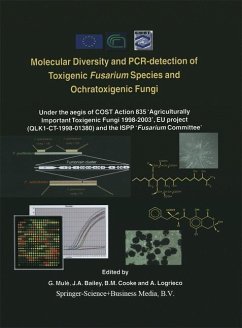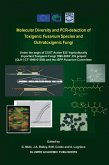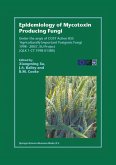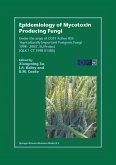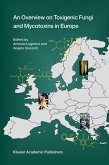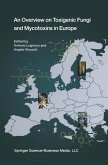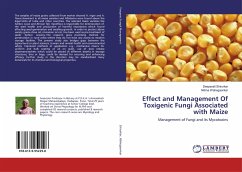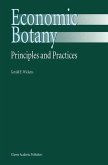Toxigenic Fusarium species and ochratoxigenic fungi are responsible for various plant diseases which have important consequential effects on both human and animal health worldwide. The development of rapid, robust and sensitive detection methods based on new molecular technologies is urgently needed in order to identify fungal contamination in the field and quantify toxin accumulation in food and animal feed. Most of the contributions in this special issue are from results obtained through the EU 5th Framework project (QLKI-CT-1998-01380) "DETOX-FUNGI: early detection of toxigenic Fusarium species and ochratoxi genic fungi in plant products", which has strongly stimulated interaction and co-operation between many European scientists. Valuable contributions from other scientists have guaranteed a complete overview of this stimulating and interesting topic. This is the third special issue published in the European Journal of Plant Pathology concerning my cotoxigenic fungi under theaegis of COST Action 835 'Agriculturally Important Toxigenic Fungi'. The first two dealt with 'Mycotoxins in Plant Disease' (Vol. 108(7) 2002) and 'Epidemiology of Mycotoxin Pro ducing Fungi' (Vol. 109(7) 2003). The present issue contains contributions which cover aspects of molecular diversity, phylogeny and PCR-detection of toxigenic Fusarium species and various ochratoxigenic fungi. We hope these will prove helpful to researchers involved in similar work and will stimulate the future studies required for the early detection of these fungi, which is so essential for overcoming the health risks associated with mycotoxin-contaminated food products.
Bitte wählen Sie Ihr Anliegen aus.
Rechnungen
Retourenschein anfordern
Bestellstatus
Storno

